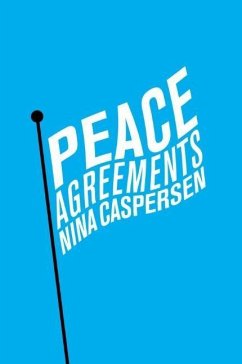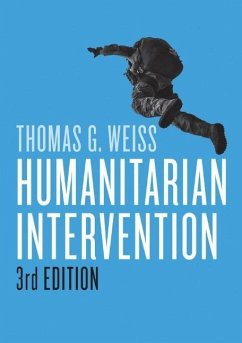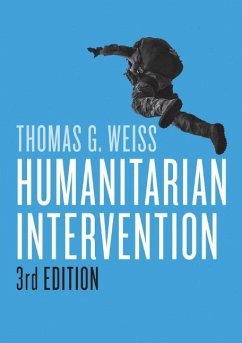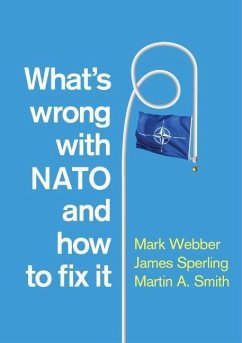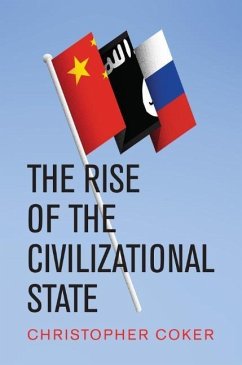
Peace Agreements
Finding Solutions to Intra-State Conflicts
Versandkostenfrei!
Versandfertig in über 4 Wochen
65,99 €
inkl. MwSt.
Weitere Ausgaben:

PAYBACK Punkte
33 °P sammeln!
Since the end of the Cold War a significant number of peace agreements have been signed, many of them in bloody intra-state conflicts that were previously thought beyond resolution. How have these agreements addressed issues of territory, security, power and justice? Do they reveal a blueprint for peace, and what can we learn from both their successes and their failures?This timely book provides a comprehensive and cutting-edge analysis of peace agreements signed in separatist conflicts from 1990 to the present day. Drawing on a diverse range of cases, including Bosnia, Indonesia, the Philippi...
Since the end of the Cold War a significant number of peace agreements have been signed, many of them in bloody intra-state conflicts that were previously thought beyond resolution. How have these agreements addressed issues of territory, security, power and justice? Do they reveal a blueprint for peace, and what can we learn from both their successes and their failures?
This timely book provides a comprehensive and cutting-edge analysis of peace agreements signed in separatist conflicts from 1990 to the present day. Drawing on a diverse range of cases, including Bosnia, Indonesia, the Philippines, Sudan, Israel-Palestine and Ukraine, it analyses the different peace 'packages', focusing on the interaction of the elements in play, and exploring the impact of political contestation within conflict parties and of peace process dynamics.
Though some of these agreements have displayed great ingenuity in finding lasting solutions, many have relied on more traditional, and often problematic, designs. For all such agreements, the enduring challenge is that of ensuring flexibility while avoiding destructive ambiguity. This is why the content of peace agreements really matters - not only to sustain peace once it is achieved but to make the prospect of peace possible in the first place.
This timely book provides a comprehensive and cutting-edge analysis of peace agreements signed in separatist conflicts from 1990 to the present day. Drawing on a diverse range of cases, including Bosnia, Indonesia, the Philippines, Sudan, Israel-Palestine and Ukraine, it analyses the different peace 'packages', focusing on the interaction of the elements in play, and exploring the impact of political contestation within conflict parties and of peace process dynamics.
Though some of these agreements have displayed great ingenuity in finding lasting solutions, many have relied on more traditional, and often problematic, designs. For all such agreements, the enduring challenge is that of ensuring flexibility while avoiding destructive ambiguity. This is why the content of peace agreements really matters - not only to sustain peace once it is achieved but to make the prospect of peace possible in the first place.




